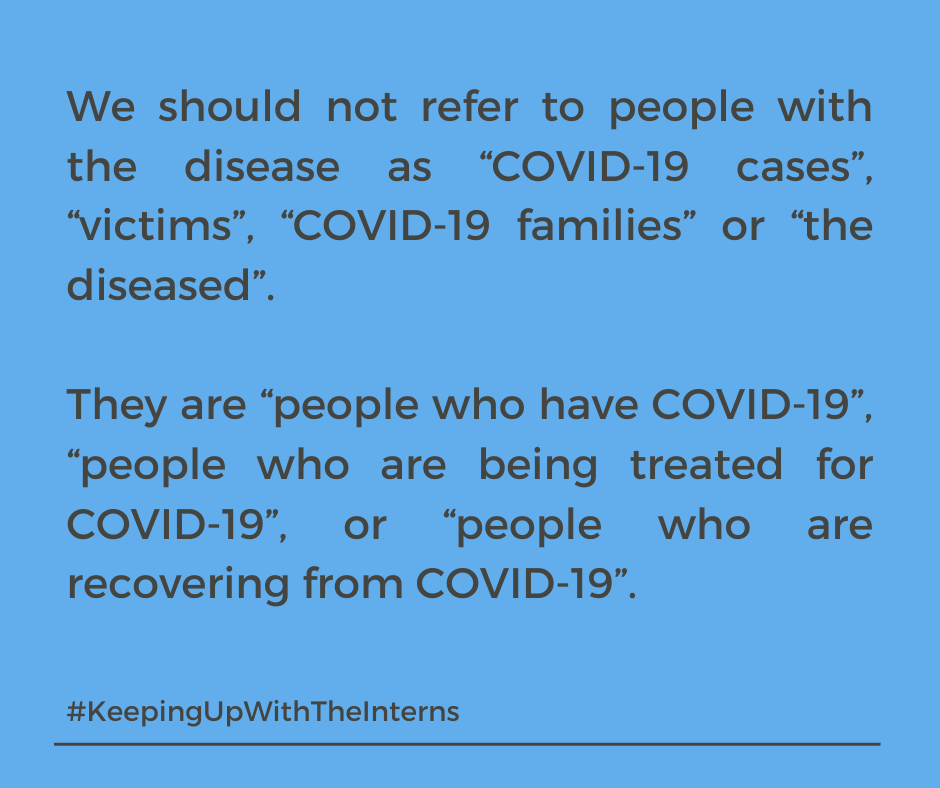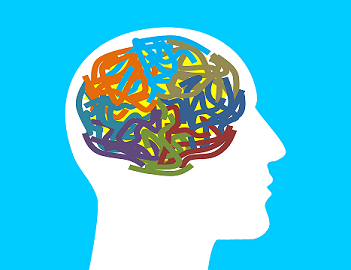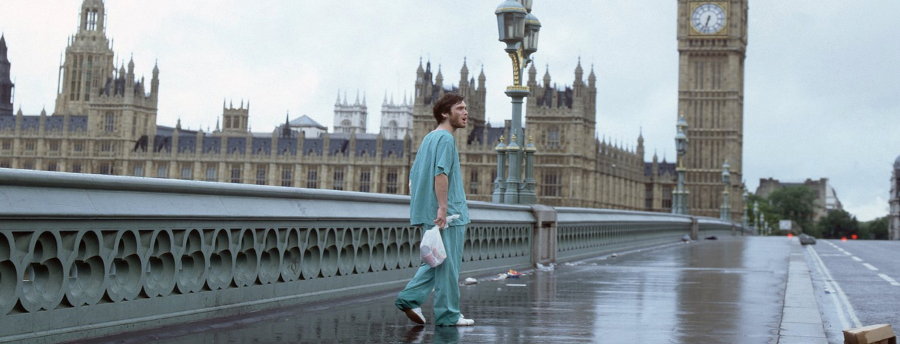#KeepingUpWithTheInterns
Hi everyone! I hope you are all safe. The number of COVID-19 cases in Malta decreased a lot throughout last week, which means that we are doing well in following the instructions of social distancing. It’s great, and I hope that this situation will soon be over. But let’s remember that patience is the key to overcome difficulties.
Today’s topic for my #KeepingUpWithTheInterns blog post was inspired from a webinar which took place on 29 April, via Zoom. It was organised by the UNESCO Institute for Lifelong Learning and it focused on the impact on mental health of COVID-19, and the measures taken for its protection.
In this blog post, I will be talking about the well-being of healthy cities. This part of the webinar delivered by Monika Kosinska, Regional Focal Point at WHO (World Health Organization) European Healthy Cities Network.
Let’s start!

What are the dynamic changes that happened during COVID-19?
It is critical that all cities and countries world-wide, with no exception, take difficult decisions due to the evolving nature of the COVID-19 pandemic in the European Region. These decisions often create four parallel sets of claim on our well-being, all interconnected and complementary to one another:
- the COVID-19 outbreak itself, with no discovered vaccine on the market, is itself a great cause of strain;
- the burden and demands on our health services, including on staff, to meet the demands of COVID-19 response and to maintain essential care and services;
- the burden we all carry of physical distancing from individuals, families and communities, including local government services and other essential forms of interaction;
- the pandemic’s economic impact affecting employers, businesses and economic well-being.

Why do we need to discuss the impact of COVID-19 on cities?
Because cities play a key role in the response and recovery efforts as well as actions taken to overcome this crisis. Moreover, cities are often the closest level of government to people. Municipal governments work most closely with people, including vulnerable groups, and are therefore key entry points to reaching communities with tools such as risk communication messaging, etc.
Furthermore, networks of cities are crucial when it comes to platforms to share experiences and learning, promote solidarity, and coordinate support. Likewise, cities are operational partners of national governments: they are key actors in national preparedness and response plans; main providers of services; and central elements of a sustainable future. Also, what is important to consider is that cities are national epicenters in the COVID-19 pandemic: not only in terms of community transmission, points for healthcare surge, international and national travel and trade hubs, but also in terms of entry points into further countrywide transmission.
So, what roles and responses are seen in cities across the WHO European Region?
They firstly have two main roles: response and building resilience/capacity.
Actions are taken when it comes to supporting public health measures for COVID-19 response and increasing surge capacity for the health system. Also, support actions are for groups at risk due to their vulnerability. Furthermore, other actions include building community resilience, societal cohesion, community actions, provision of culture, art and education.
The COVID-19 pandemic has had and is still having a significant impact on public mental health across the WHO European Region and globally. Also, COVID-19 has and is likely to affect people from many countries, in many geographical locations. The speaker emphasised that, when referring to people testing positive for COVID-19, we should not attach any particular ethnicity or nationality to the disease. We need to be empathetic with all those who are affected, in and from any country. People who are affected by COVID-19 deserve our support, compassion and kindness.
The webinar also stressed the importance of language. We should not refer to people with the disease as “COVID-19 cases”, “victims”, “COVID-19 families” or “the diseased”. They are “people who have COVID-19”, “people who are being treated for COVID-19”, or “people who are recovering from COVID-19”.
After recovering from COVID-19 their lives will go on… their jobs, families and loved ones. It is so important to underline that a person has an identity distinct from and not defined by COVID-19, in order to reduce stigma and increase dignity and respect.
How are people’s lives and mental health affected by the pandemic?
The main psychological effects from this pandemic are mainly caused by an increase in stress-rates or anxiety. In addition, interventions which are non-pharmaceutical, such as quarantine and social distancing, affect people’s usual activities. These often lead to increased levels of loneliness, depression, harmful alcohol and drug use, and self-harm.
Then of course there are the groups that are mostly affected: the vulnerable groups. These would include children, people with disabilities, older adults, women who are pregnant and lactating, people exposed to gender-based violence, ethnic/cultural groups being targeted with stigma or discrimination.
It is also important to mention the most important defence group, the front-liners. These are the nurses, doctors, ambulance drivers, case identifiers, and others. They may experience additional stressors, such as reduced capacity to social support, reduced capacity to implement basic self-care, stigmatization, and fear of transmitting to patients, friends, and family.

To conclude…
I believe that for the sake of our mental health, one should minimize watching, reading or listening to news about COVID-19 that causes you to feel anxious or distressed. Seek information only from trusted sources and mainly so that you can take practical steps to prepare your plans and protect yourself and loved ones.
Maintain familiar routines in daily life as much as possible to avoid repetition and boredom, or create new routines, especially if you have children at home. Provide engaging age-appropriate activities for children, including activities for their learning
Thank you and stay safe!
Rimaz Bitrou.
#KeepingUpWithTheInterns is part of our project Marginalised Persons as Human Rights Volunteers. If you want to follow Matthew and Rimaz as they navigate their way through Malta’s human rights landscape, subscribe to our News & Updates or follow them on our social media pages!
This project has been funded through the Voluntary Organisations Project Scheme managed by the Malta Council for the Voluntary Sector on behalf of Parliamentary Secretary for Youth, Sports and Voluntary Organisations within the Ministry for Education and Employment. This project/publication reflects the views only of the author, and the MEDE and the MCVS cannot be held responsible for the content or any use which may be made of the information contained therein.
